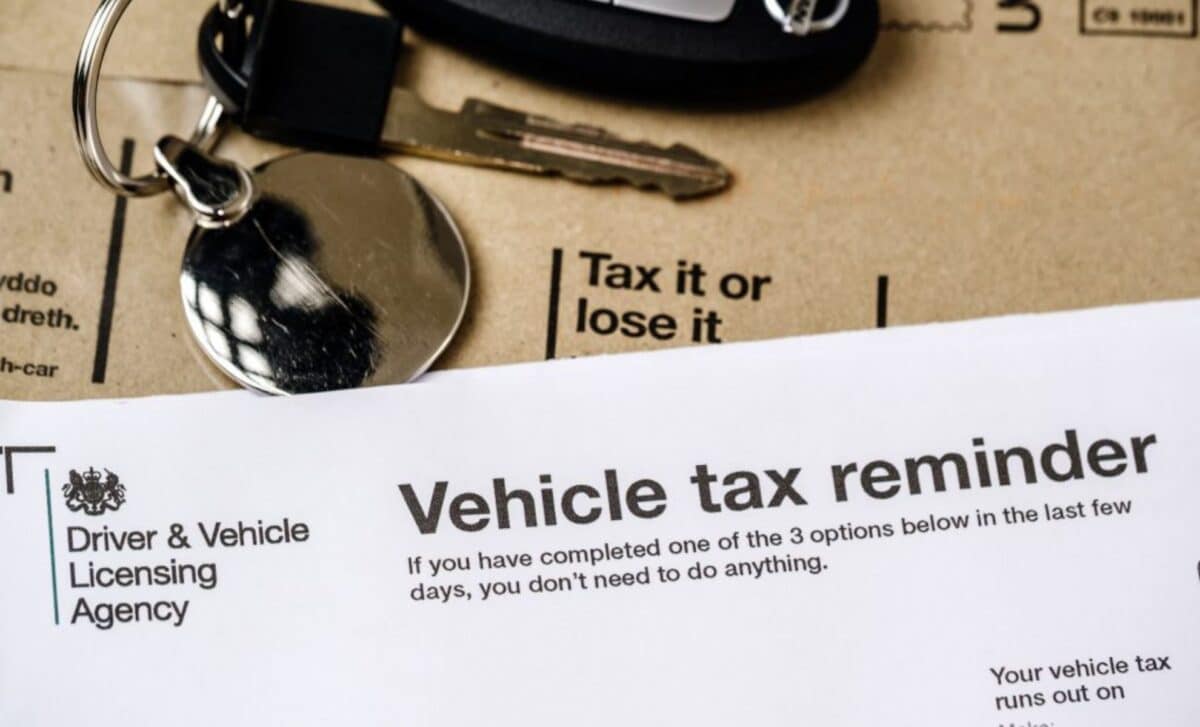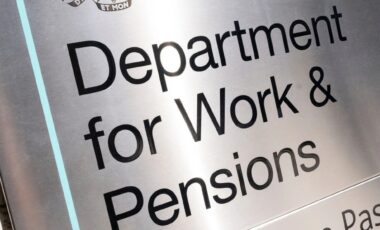From April 2025, significant changes to Vehicle Excise Duty (VED) will come into effect, introducing steep increases that will heavily impact drivers, particularly those purchasing new diesel and petrol vans. These adjustments to the UK’s car tax system are part of a broader push toward cleaner, low-emission vehicles and will affect both individual van owners and businesses reliant on large fleets.
With potential additional costs of up to £1,732 per vehicle, these changes emphasize the importance of understanding how emissions influence tax rates and why switching to cleaner alternatives may now be a smarter financial decision.
The Impact of VED Changes on Vehicle Owners
The updated VED rates will drastically affect new vehicle purchases, especially for diesel and petrol vans. According to data compiled by Go Compare, diesel van buyers could face an average increase of £1,807 per vehicle, while petrol van owners may see an annual tax hike of £1,354 per vehicle.
These changes are projected to cost van owners a collective £15.5 million during the first six months of the new tax year alone.
For hybrid van owners, the increase is far less severe. Drivers of hybrid models are expected to pay an additional £252 annually, significantly lower than the rates for traditional combustion engine vehicles.
Breakdown of Average VED Increases:
| Fuel Type | Annual Increase |
|---|---|
| Diesel Vans | £1,807 |
| Petrol Vans | £1,354 |
| Hybrid Vans | £252 |
Why Are the Rates Increasing?
The updated VED rates are tied directly to a vehicle’s CO2 emissions, with higher-emitting vehicles incurring significantly higher charges. This move aligns with the UK’s broader strategy to reduce carbon emissions and encourage the adoption of cleaner technologies like hybrid and electric vehicles.
While the changes aim to create a more sustainable future, they place a considerable financial burden on drivers of petrol and diesel vans. These vehicles, despite being widely used for business and personal purposes, are becoming increasingly expensive to own.
Strategies to Mitigate VED Increases
Motoring expert Tom Banks from Go Compare suggests that road users can take proactive steps to reduce their tax burden.
“The increased VED rates will result in a big hit if you buy a brand-new van later this year,” said Banks. “But there are things you can do to absorb the blow. The tax rates are based on CO2 emissions, so if you’re able to, this is a good time to switch to a van using cleaner fuels in the cheaper tax bands.”
For those considering purchasing a new vehicle, transitioning to hybrid or fully electric vans can offer significant savings. Electric vans are often exempt from VED or fall into the lowest tax brackets, making them a cost-effective choice in the long term.
The Financial Toll on Diesel and Petrol Van Owners
The projected financial impact of these changes is staggering. Diesel van buyers alone are expected to contribute an additional £14.2 million in VED fees during the first six months of the 2025 tax year. Petrol van buyers, while facing smaller increases, will still collectively pay an extra £1.2 million.
Why Hybrids Are a Smarter Choice
For drivers who can’t commit to a fully electric vehicle, hybrid vans offer a middle ground. With a significantly lower annual increase of just £252, they present a viable alternative to traditional petrol or diesel models.
Beyond reduced VED rates, hybrid vans also offer better fuel efficiency, lower emissions, and potentially lower maintenance costs. For businesses managing fleets, the transition to hybrid models could result in substantial long-term savings.
Expert Advice for Vehicle Owners
The looming VED increases serve as a wake-up call for drivers and businesses to reevaluate their vehicle choices. According to Tom Banks, the upcoming changes are an opportunity for road users to consider the financial and environmental benefits of cleaner vehicles.
“The tax rates are based on CO2 emissions,” he emphasized. “So, if you’re able to, this is a good time to switch to a van using cleaner fuels in the cheaper tax bands.”
Preparing for the Future
While the increased VED rates may seem daunting, they represent a broader shift toward sustainability in the UK’s transportation sector. For vehicle owners, the key to navigating these changes lies in planning ahead, exploring cleaner alternatives, and understanding the financial implications of their choices.
By switching to hybrid or electric vans, drivers can avoid the brunt of these tax hikes while contributing to a greener future. With significant savings on the table for those willing to adapt, now is the time to make informed decisions about vehicle purchases.
As the April 2025 deadline approaches, staying informed and proactive is essential for minimizing the financial impact of these changes.









